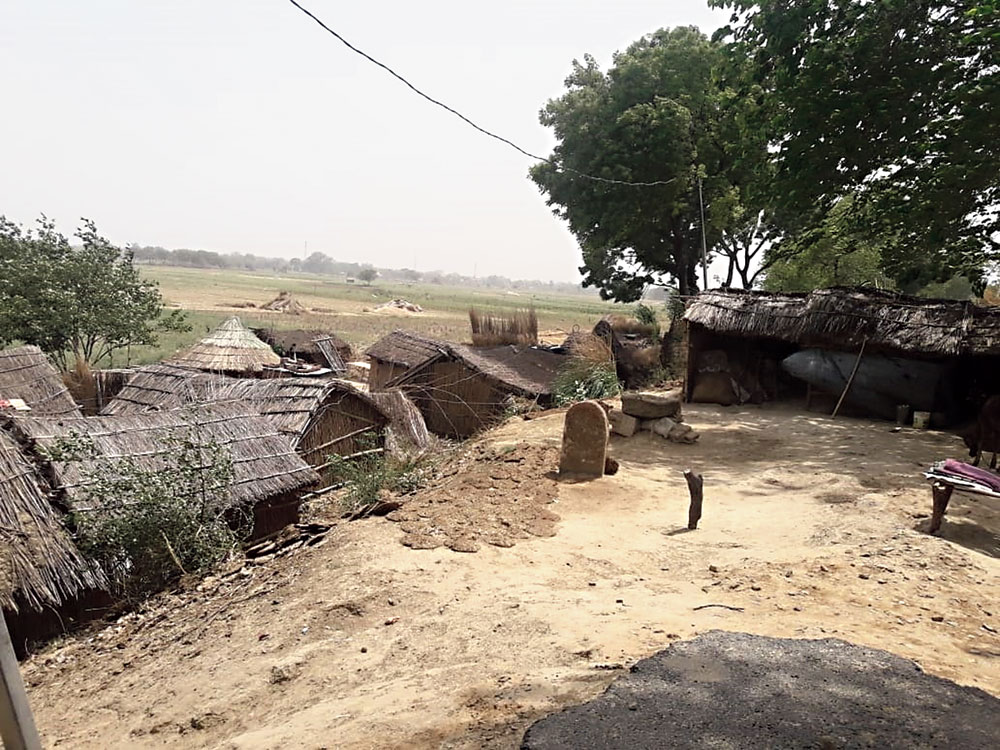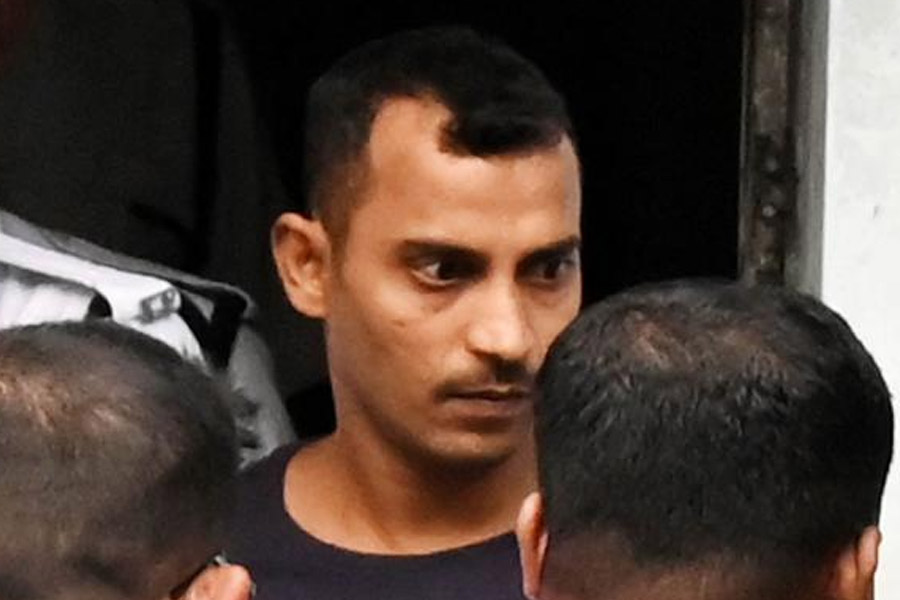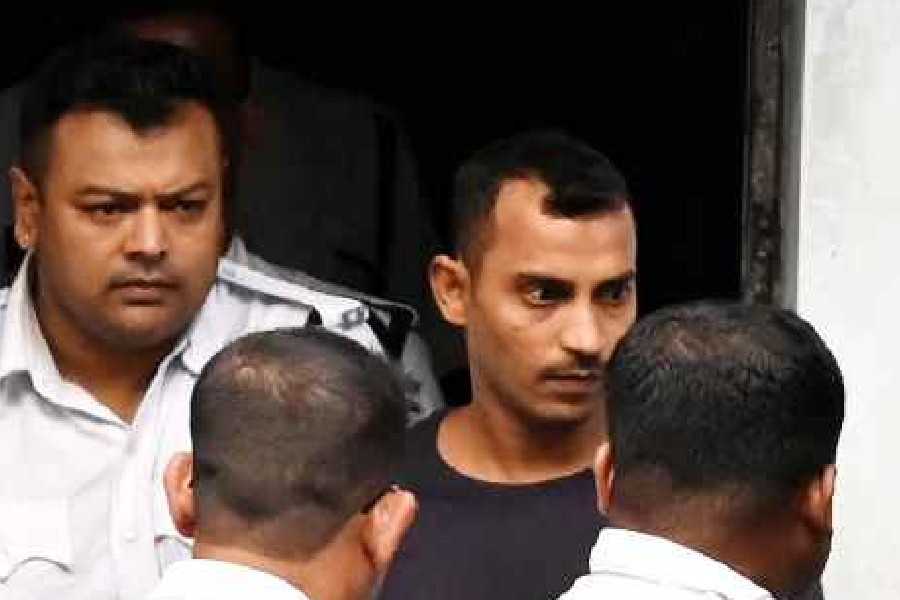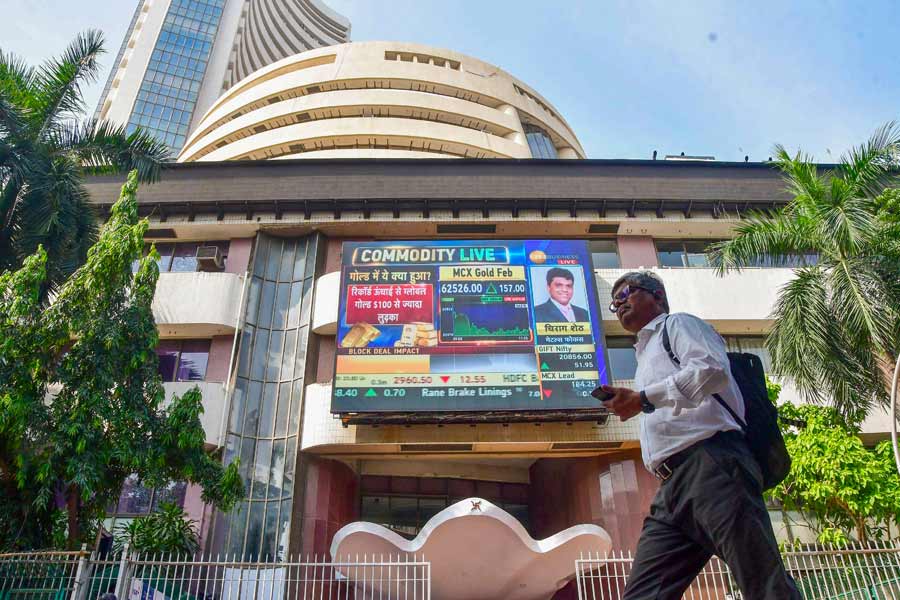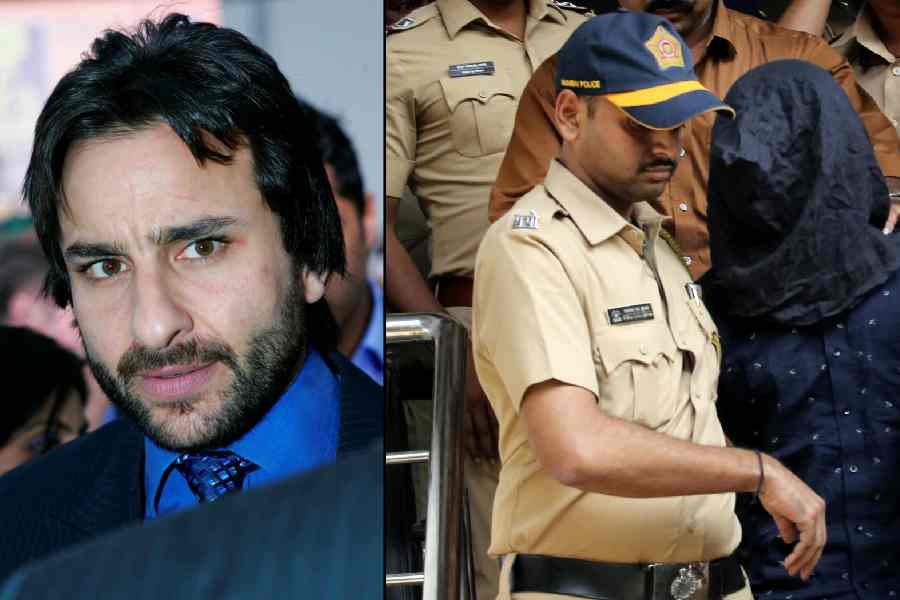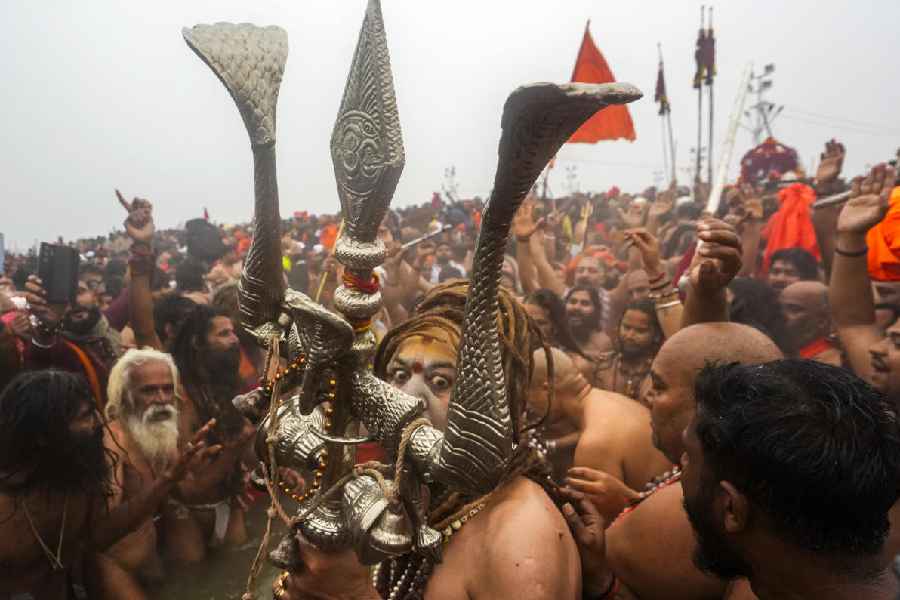Sitting under a small tree atop an embankment close to the Ganga to save himself from the scorching Sun, Kamlesh Rai, 30, was poring over a vernacular daily to keep himself abreast of politicking in the ongoing general elections when he felt the pangs of hunger.
His hands dipped into a small cloth bag to fish out a handful of sattu (roasted gram) and puffed rice, while he muttered: “Sab neta sab jagah ghoom rahe hain aur vikas ko gina rahe hain. Lekin yahan na koi neta aata hai, na vikas (All political leaders are roaming everywhere and counting the development works. But neither any leader nor any development comes here).”
A native of Umarpur panchayat of Sadar block, just about 10km from the Buxar district headquarters in Bihar and around 180km west of state capital Patna, Kamlesh has called the embankment his home for the last 22 years.
The villagers had to relocate there after the Ganga eroded the village’s original location.
The village is not connected by road; government facilities and welfare schemes barely reach, and nobody cooks food during the summer months of April, May and June. Asked why, Kamlesh pointed to the thatched-roof huts the village is filled with.
“The kuchcha houses turn into tinderboxes in the heat. A single spark can raze the entire village to the ground. It has happened seven times since we shifted to the embankment. We all need pucca houses, but we can’t afford them. We sought government help, but it did not materialise. So, finally, the elders here decided that we won’t cook during the summer, except on days when there is no breeze,” he said.
People survive on dry food items such as roasted grains stored before the advent of summer, sattu (roasted gram or maize flour), flattened rice, jaggery, and milk (consumed without boiling).
The village is populated by Manjhis and Paswans (both Scheduled Castes), Yadavs, and a sprinkling of other castes.
A majority of the residents grow vegetables on whatever of their land has survived erosion by the Ganga, fishing, selling milk or working as farm labourers, though a few people have landed small jobs in towns near and far. The children too are engaged in various works in what is essentially a primitive way of living.
There are hundreds of villages like Umarpur along the Ganga.

There are hundreds of villages like Umarpur along the Ganga. Picture by Sanjay Choudhary
“Erosion is not a severe phenomenon here,” said Buxar district magistrate Raghvendra Singh. “Villages are at a comfortable distance from the main course of the Ganga and water seldom reaches the main embankment even during the floods. However, the problem of villages like Umarpur is due to the change in the course of the Ganga. Land that disappears in the river is known as Gang-shikast, while the land that emerges from the Ganga due to the change in the course is called Gang-barar. We have running land disputes with neighbouring Uttar Pradesh due to this phenomenon.”
Ask the villagers in Umarpur about the elections and they give you a weird look.
“We will vote just to keep our names on the electoral rolls,” said Subhash Paswan, a farmer. “The Ganga has gobbled up our land and this embankment is our refuge, but even that is poorly maintained by the government agencies. Our children do not get proper education. There is no prosperity in our lives.”
Standing nearby, a young Ankit Rai chipped in to reveal that the village has been declared ODF (open defecation free) under the Swachh Bharat mission but none of the houses on and around the embankment have toilets.
“Everybody goes out to defecate along the Ganga. We know the practice is bad, but what is the way out? We think the toilets have been shown constructed on sarkari paper and the panchayat was declared ODF,” said Mahesh Manjhi, another villager.
Umarpur is part of Buxar Lok Sabha constituency, where incumbent BJP MP and Union minister Ashwini Kumar Choubey is up against Jagadanand Singh of the Rashtriya Janata Dal. None of them has visited the village on the embankment or met the
people, who call themselves Ganga refugees.
“The top leaders never approach us because they know about our situation and our unfulfilled demands,” said Kamlesh.
“People of all castes living here, whether backward or forward, understand the lack of development here. I wonder if they would opt for Nota (none of the above) while casting their vote. I also wonder what will happen when some day Nota votes will be more than those polled by the candidates,” he added.

